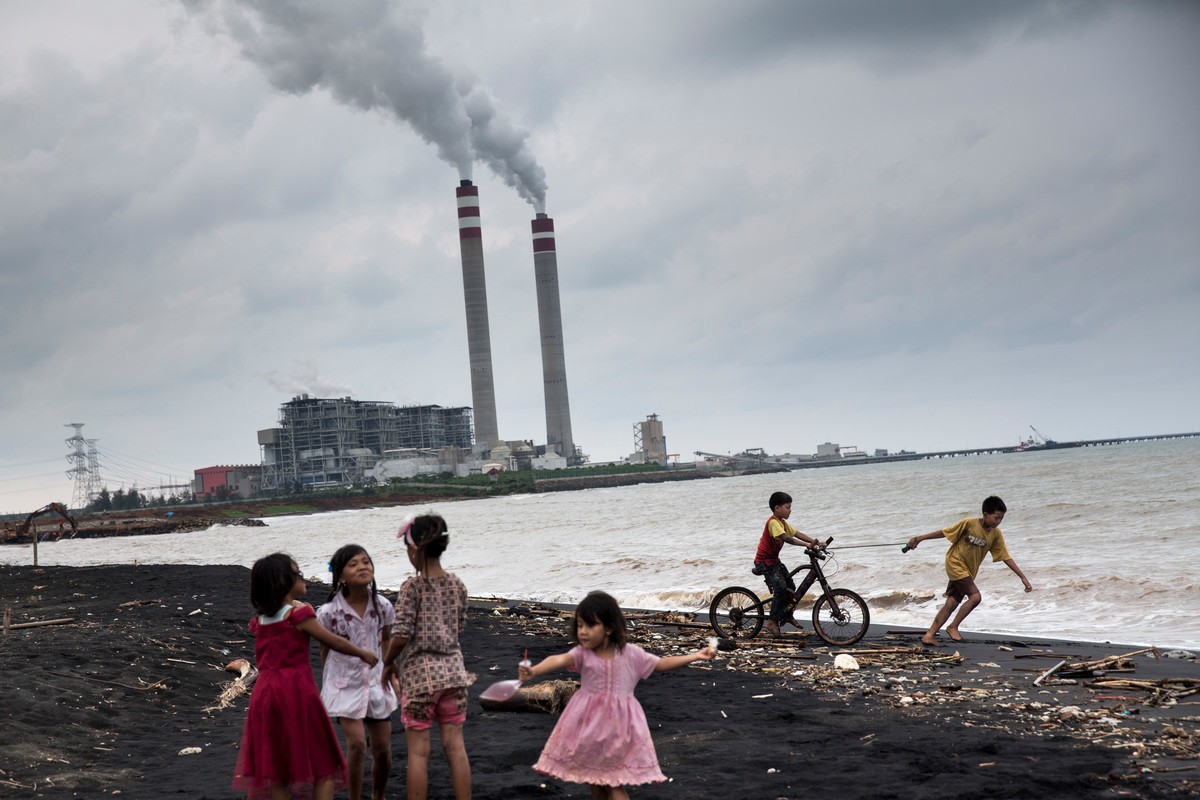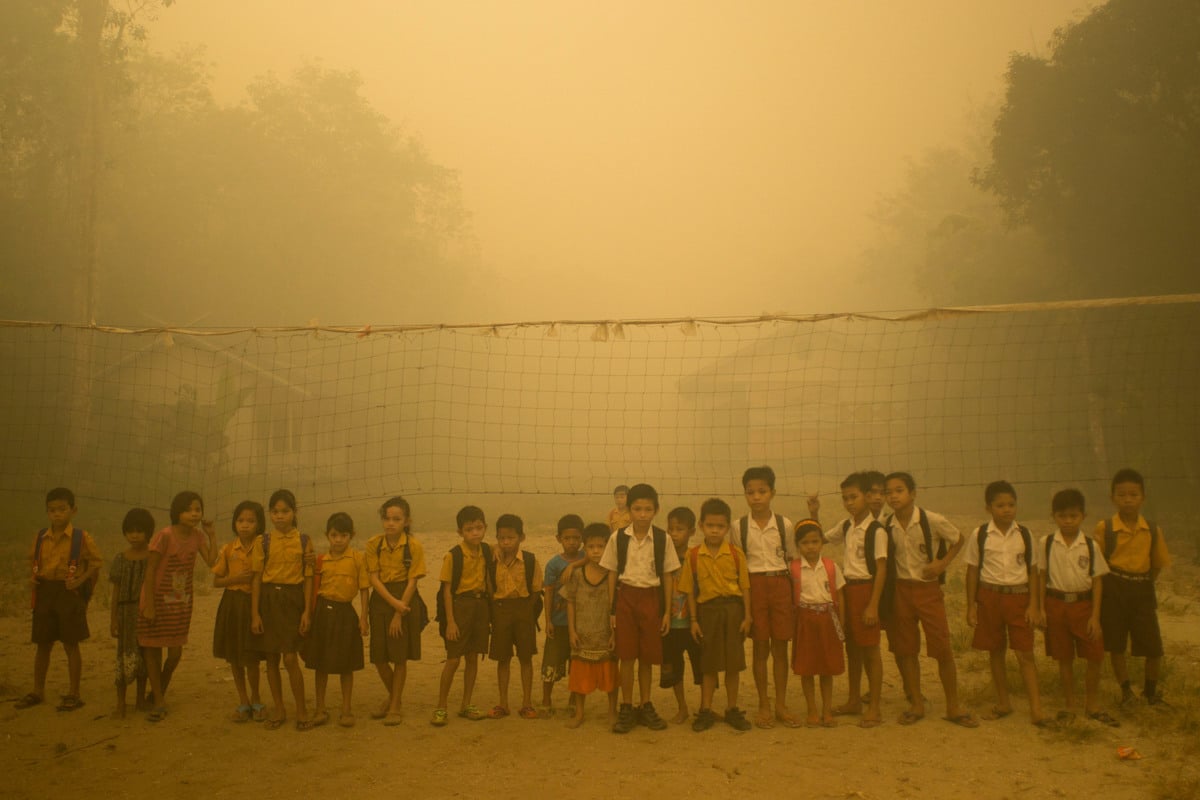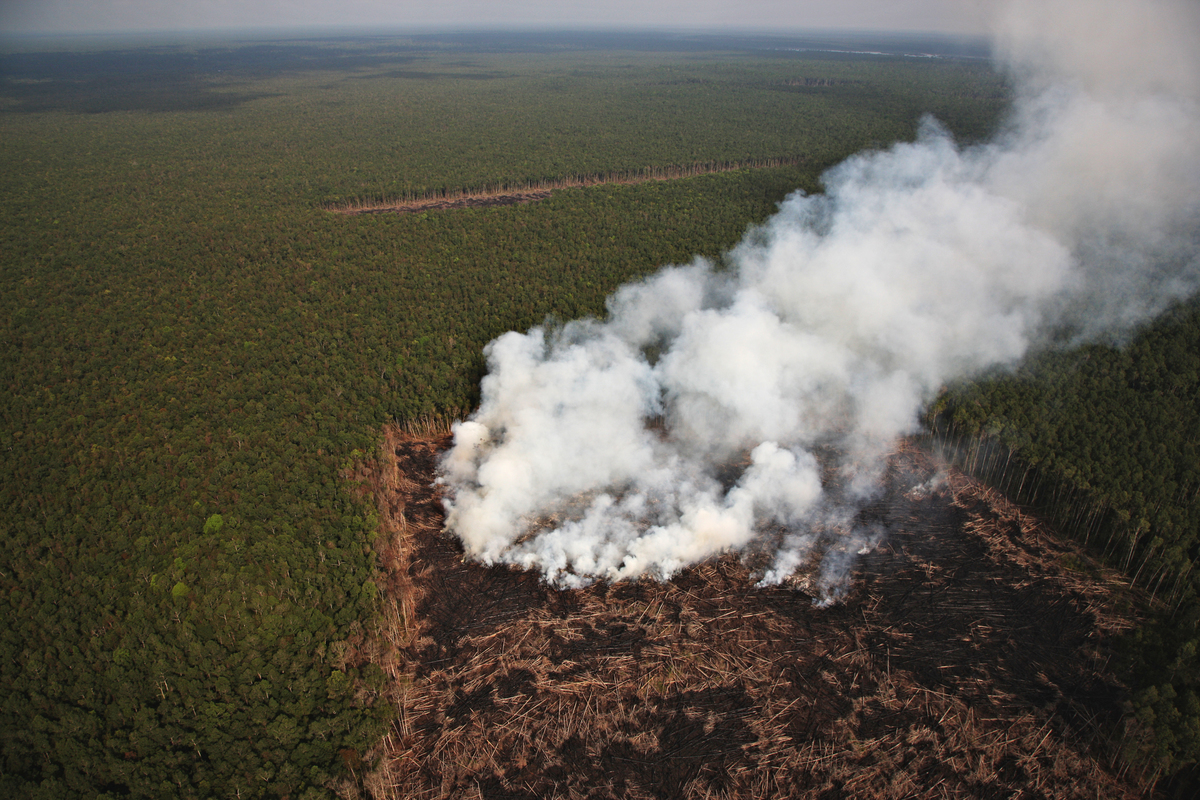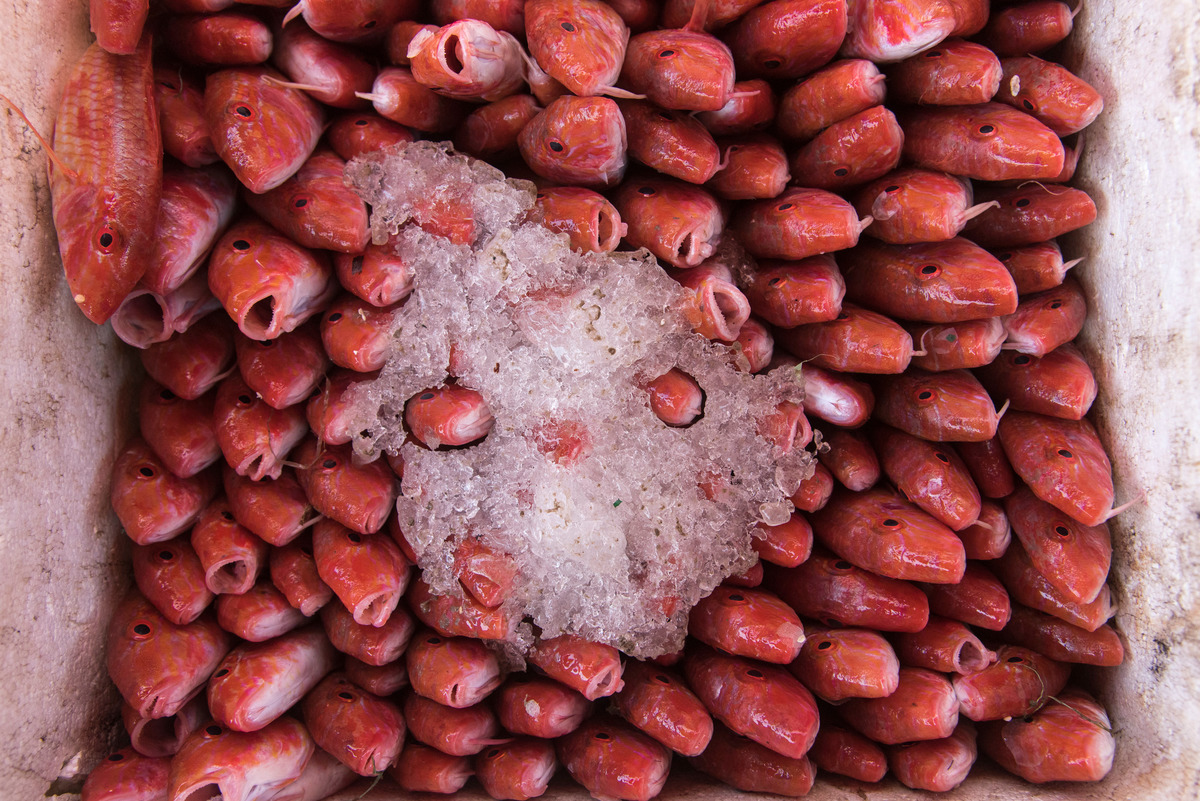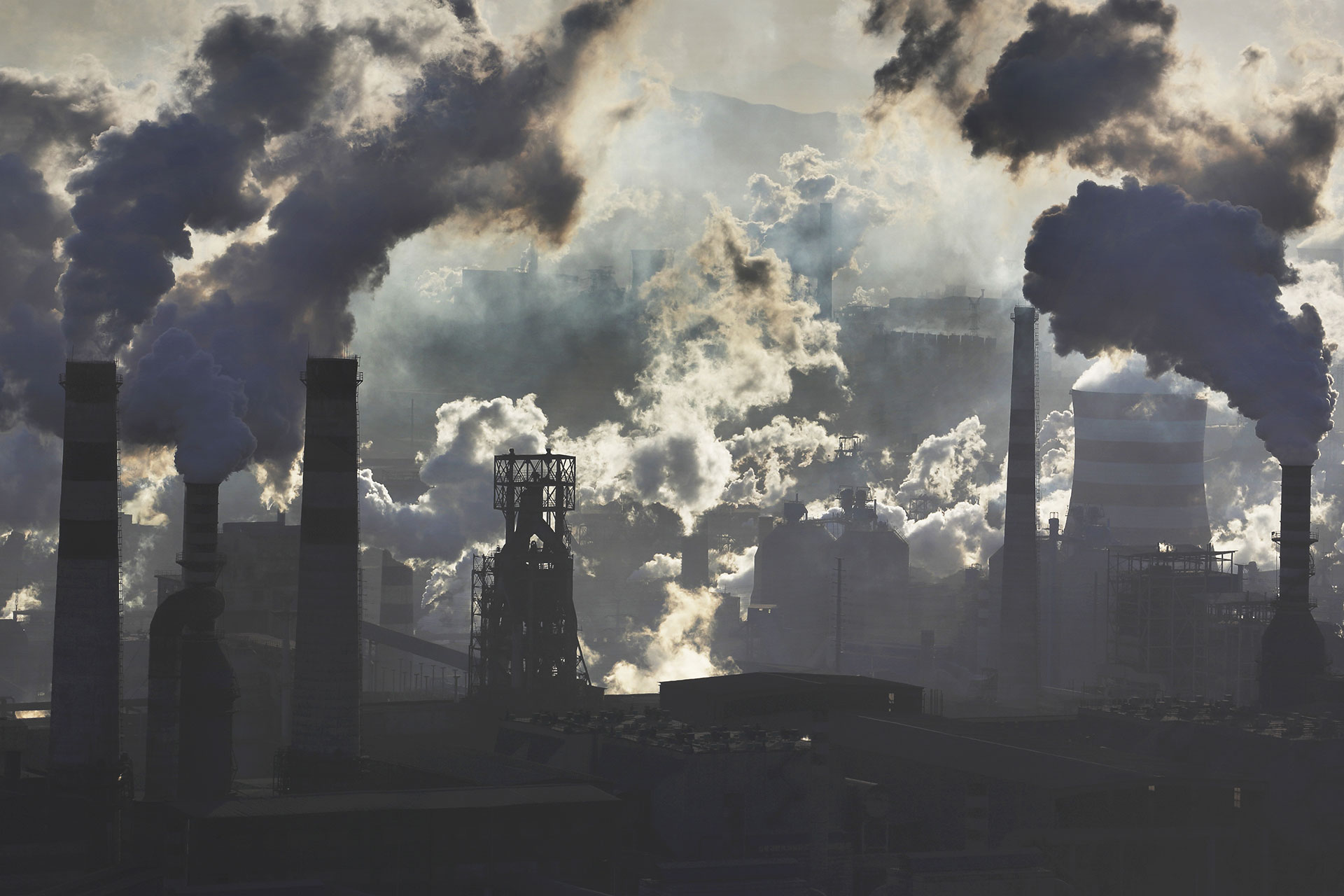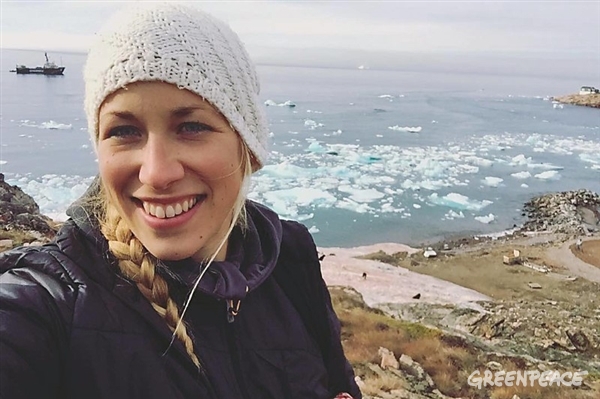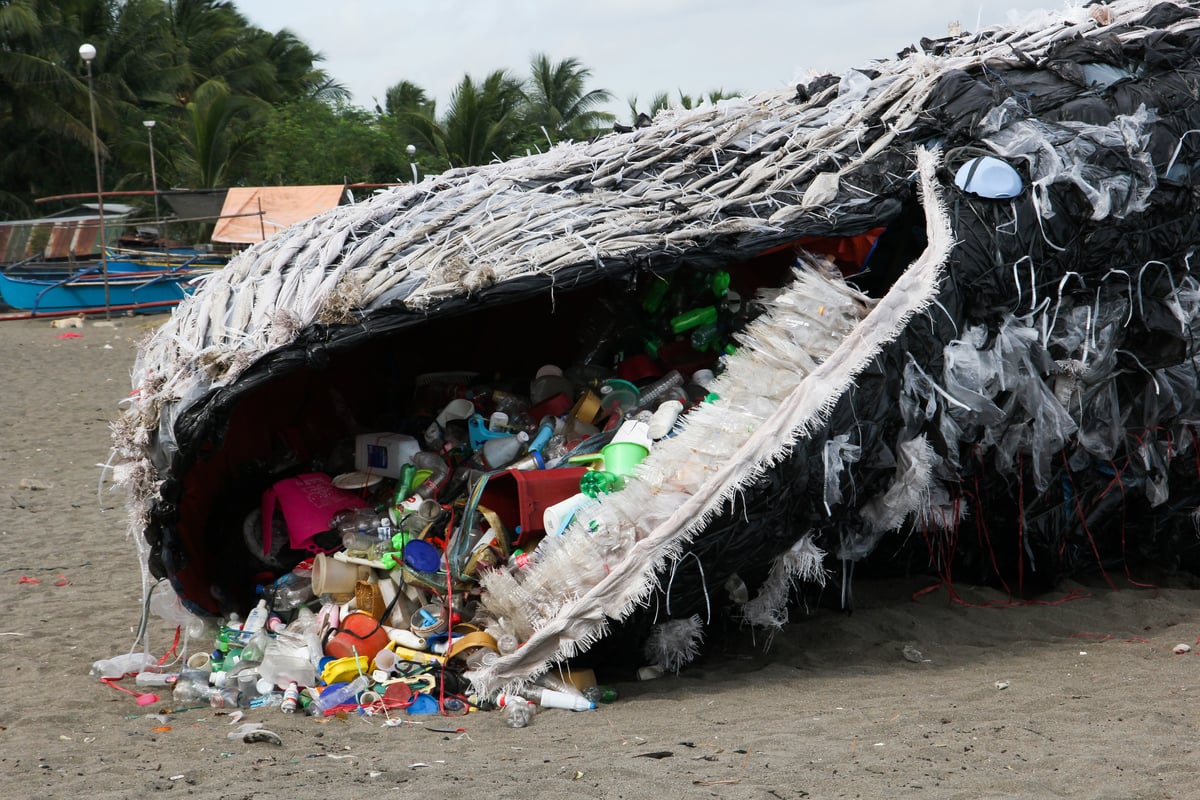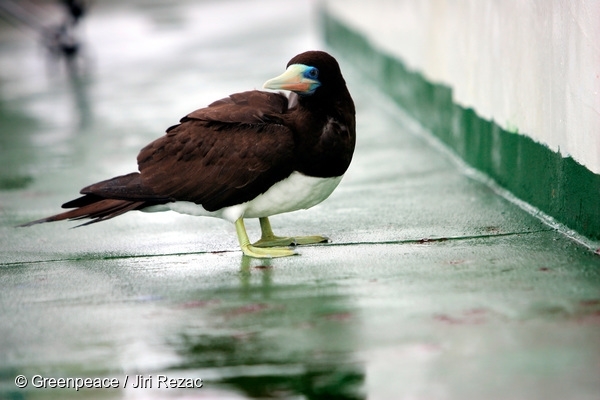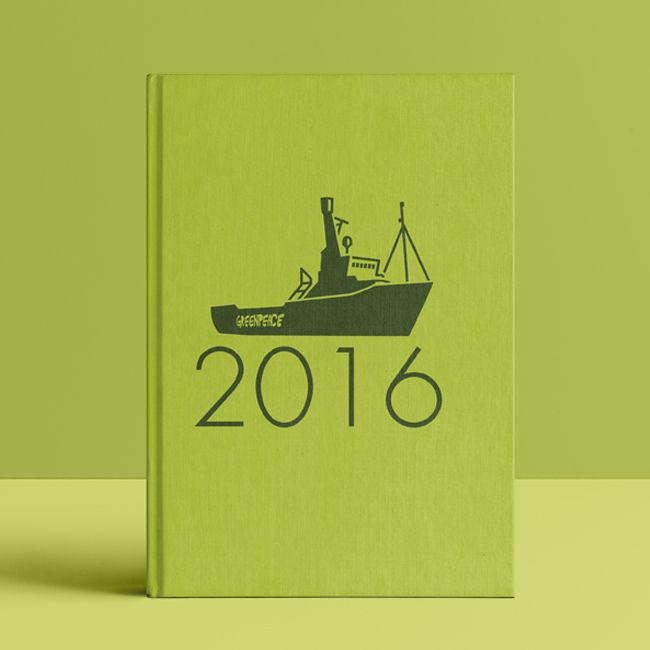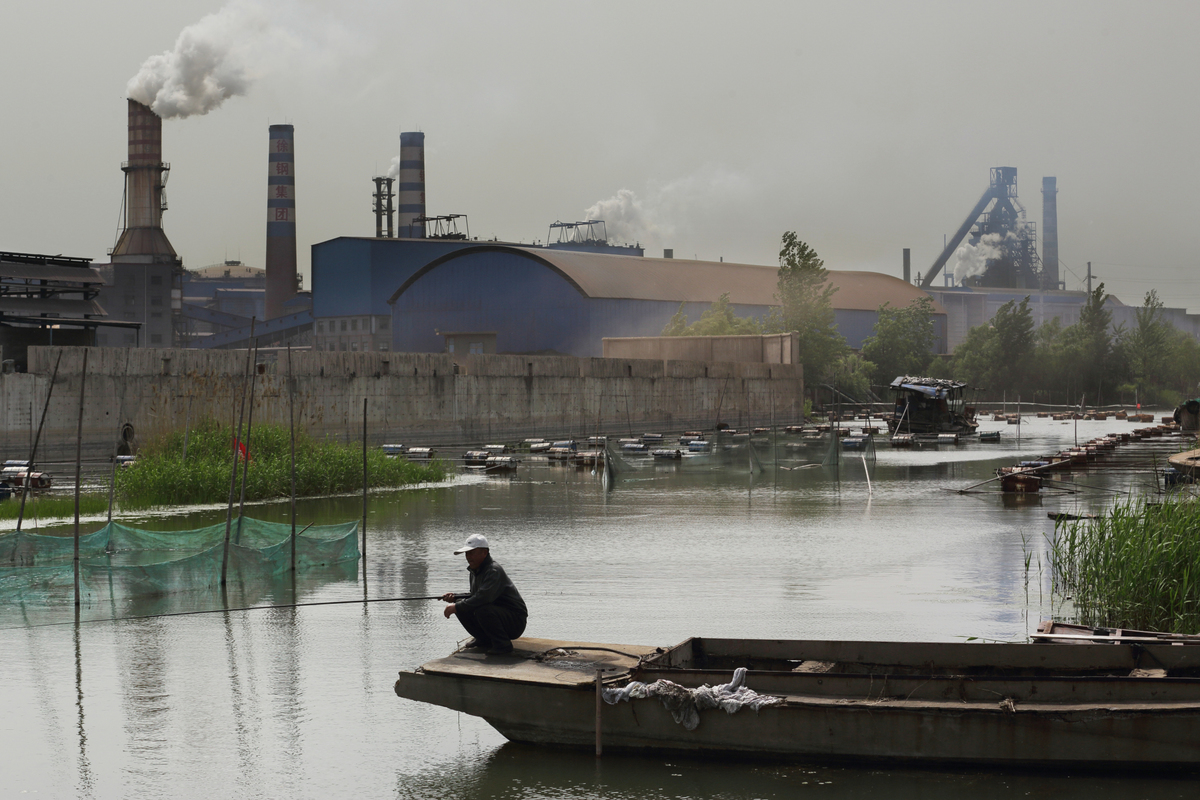All articles
-
World scientists’ warning to humanity
Environmental activists and organisations typically try and stay positive, to give people hope that we can change. Positive signs exist, going back to the historic whaling and toxic dumping bans of the 1980s. The 1987 Montreal Protocol, reducing CFC gas emissions, led to a partial recovery of the ozone hole. Birth rates have declined in…
-
The palm oil industry promises reform, but there’s still no sign of change
It was ten years ago that Greenpeace first published an investigation into Indonesia’s palm oil industry. We showed that the world’s biggest brands got their palm oil from companies destroying Indonesia’s rainforests - threatening local people as well as tigers and orangutans.
-
Indonesia’s forests still under threat from palm oil industry, new research shows
Nusa Dua, Bali, 27 November 2017 – As the industry gathers in Bali for the annual Roundtable on Sustainable Palm Oil conference, a new report by Greenpeace International [1] reveals that suppliers to the world’s biggest consumer brands still cannot guarantee their palm oil is free from forest destruction. None of the companies could prove…
-
Urgent action needed to solve West African food security threat
Amsterdam, 21 November 2017 - Vessels arrested for illegally fishing in West African waters are still carrying on with business as usual, said a Greenpeace Africa report released today on World Fisheries Day. The report, “The Cost of Ocean Destruction”, details how West African fishermen and communities continue to suffer from the consequences of overfishing…
-
We are all deeply feeling the loss of a friend and colleague
It is with heavy hearts that we can confirm that our dear friend and colleague Carolina Nyberg-Steiser, 29, from Greenpeace Nordic has died in a tragic accident in the Amazon.
-
Annual report 2016
Our planet and people are more interconnected than any world-wide-web we could create. What impacts one part, affects another and environmental protection is inextricably linked with social justice.
-
Biological Restoration of water and land
According to the 2015 World Economic Forum Global Risks 2015 Report, the water crisis is the world’s #1 risk. The problem is not only the amount of water available in the world’s rivers, lakes, and aquifers, but the pollution of those resources from human contamination, including bacteria, toxins, and nutrient loading.


